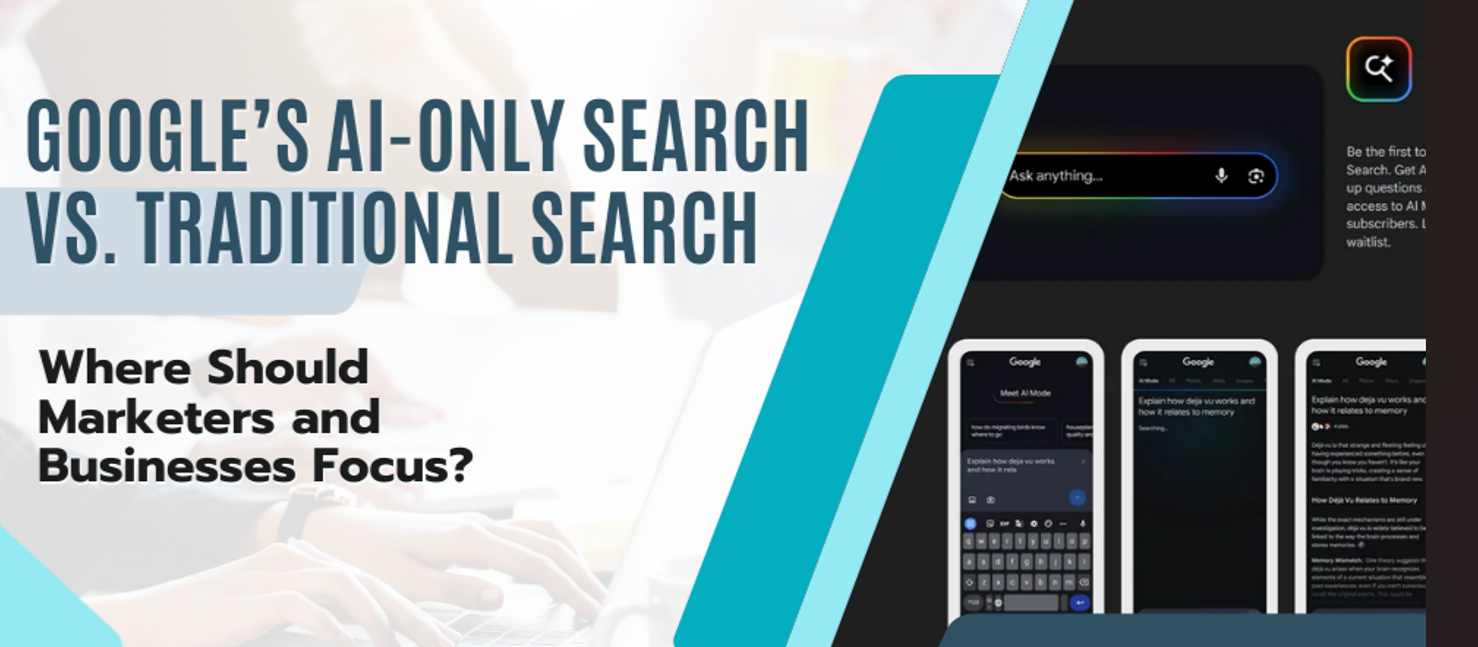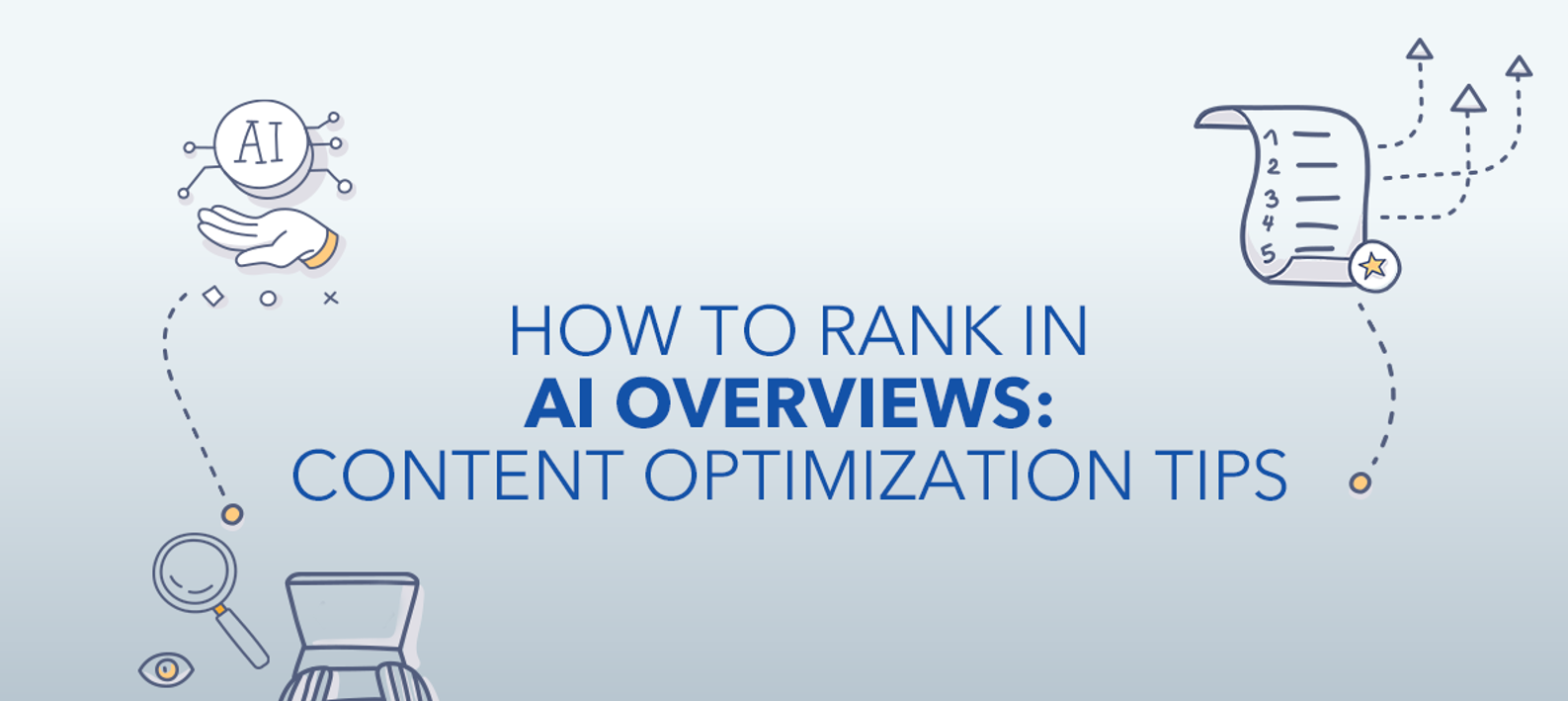When you depend on online visibility, even a minor glitch can hurt. If Google suddenly drops your pages, it can feel like your business vanished overnight. This is what happens with a Google deindexing glitch.
What Is Google’s Deindexing Glitch?
Sometimes, Google’s systems drop pages by accident. Your site may be perfect, but a glitch can still remove pages from search results.
This is not the same as getting a penalty. It is not your fault. But you do need to act fast.
Why Does It Happen?
A deindexing glitch can happen because of:
- Bugs in Google’s system
- Errors when Google crawls your site
- Wrong settings, like noindex tags
- Significant updates that mess with indexing
Signs Your Site Has Been Deindexed
Catch the problem early. Here’s what to look for:
1. Sudden Traffic Drop
Check your traffic daily. If your numbers drop suddenly, look deeper. Compare your stats week to week.
2. Fewer Pages in Search
Type “site: yourwebsite.com” in Google. If your pages don’t show up, they may be gone.
3. Search Console Warnings
Look at the Coverage Report in Search Console. If good pages say “Crawled – currently not indexed,” that’s a warning.
How to Fix It Quickly
Please do not wait for it to fix itself. Take these steps right away.
1. Double-Check the Pages
Use the URL Inspection tool in Search Console. Make sure the page is live and does not have a noindex tag.
2. Ask Google to Reindex
After you check each page, click “Request Indexing” in Search Console. This tells Google to look at your page again.
3. Update Your Sitemap
Make sure your sitemap is current. Submit it again in Search Console.
4. Fix Any Errors
Look for broken pages or slow pages. These can cause crawl issues. Good SEO services will always check these.
How to Avoid Future Problems
Stay prepared. Here’s how you can protect your site:
1. Build Strong Brand Positioning
Sites with a clear brand get crawled more often. Update your content frequently. Earn trusted links. Show Google your site matters.
2. Mix Your Traffic Sources
Utilise PPC services, social ads, and email marketing as well. This is clever performance marketing. If organic traffic drops, your business won’t stop.
3. Get Alerts
Set up alerts for traffic drops or crawl errors. This saves time when problems happen.
4. Work with Experts
An expert team for SEO services and SEM services can help you fix these problems fast.
Why Performance Marketing Helps
When you have a glitch, paid ads can keep you going. Performance marketing uses ads and campaigns to bring you steady leads. While you fix your site, you still get traffic and sales.
Keep It Simple: Best Practices
- Watch your traffic every week.
- Fix problems as soon as you see them.
- Keep your sitemap and pages up to date.
- Utilise SEO services that regularly check your site.
- Back it up with PPC services and SEM services for steady growth.
Stay alert. Keep your pages healthy. Keep your brand positioning strong. That way, even if Google slips up, your business stays strong and visible.



